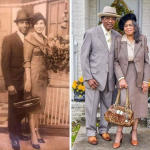If Obama Could Run Again — Would You Vote for Him?
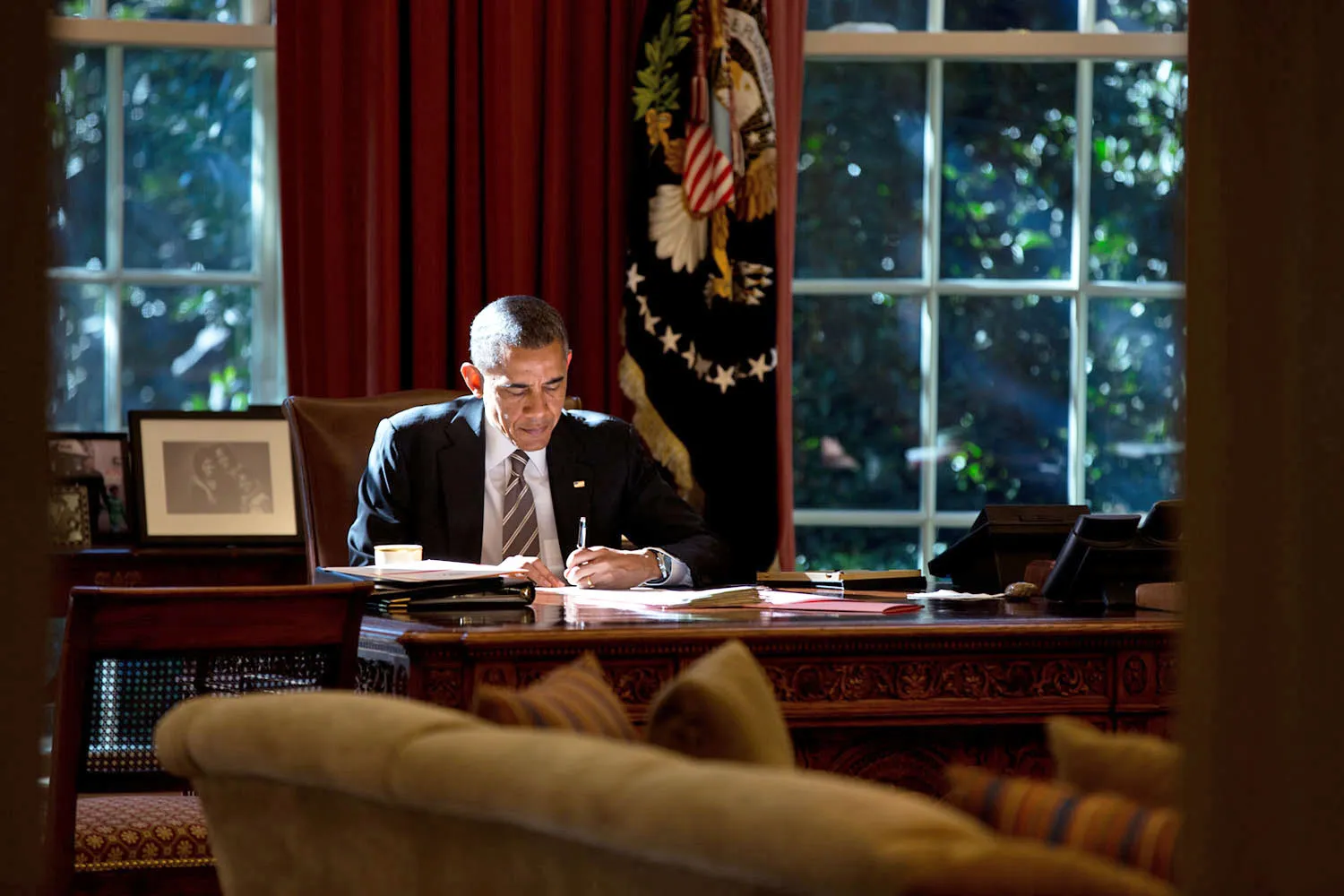
In recent weeks, a fascinating question has been trending across social media platforms: “If Barack Obama could run for president again in 2028, would you vote for him?” This thought-provoking “what if” scenario, while entirely hypothetical due to the U.S. Constitution’s two-term limit, has sparked intense debate across political, generational, and ideological lines. Barack Obama, the 44th President of the United States and a Nobel Peace Prize laureate, remains one of the most admired political figures in recent history. His message of hope, unity, and progress continues to resonate with millions of Americans and global citizens. The question isn’t merely about personal preference—it opens up a broader discussion about leadership, legacy, and the values that shape a nation.
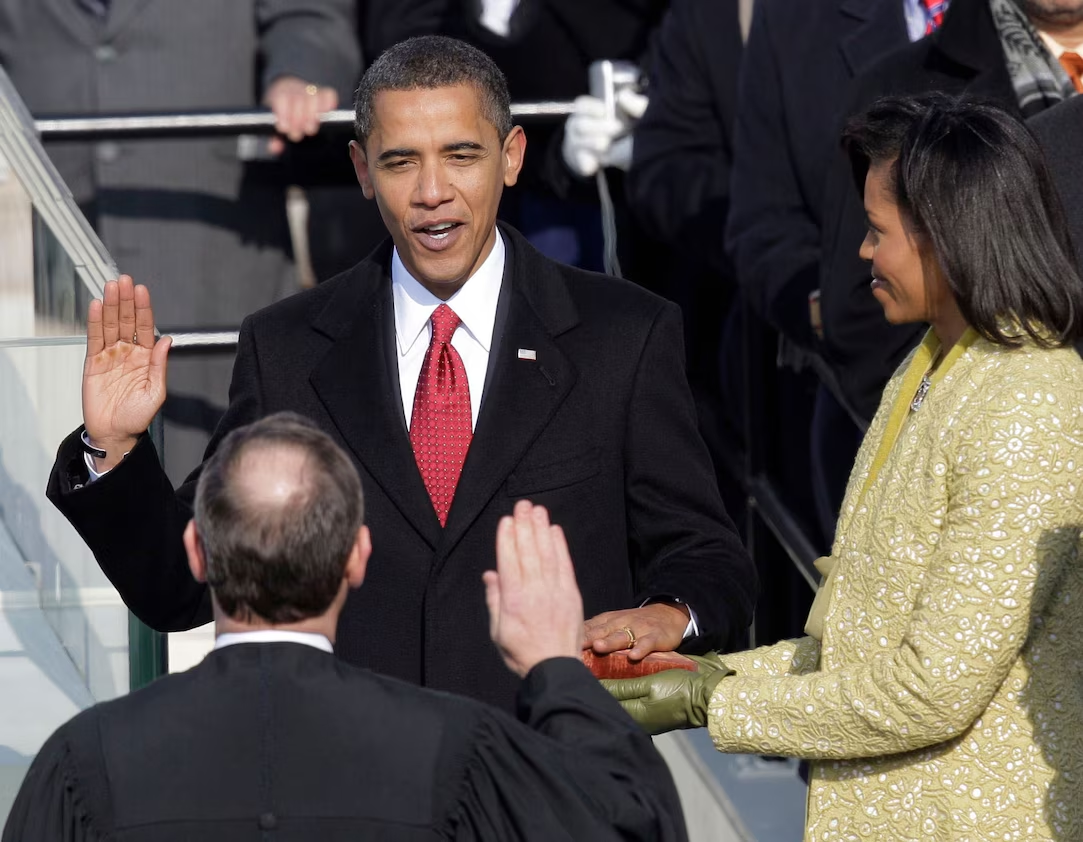
Obama’s presidency, from 2009 to 2017, was marked by significant achievements and challenges. He inherited a country in economic crisis and managed to lead it toward recovery with major legislative actions like the Affordable Care Act and the Dodd-Frank Act. His calm demeanor, articulate speeches, and inclusive vision earned him international respect. Many supporters argue that Obama brought dignity, intelligence, and stability to the office, qualities they believe are sorely needed today. They view his leadership as a model of ethical governance and a symbol of hope for future generations. For them, imagining a third Obama term brings comfort, especially in today’s divisive political climate.
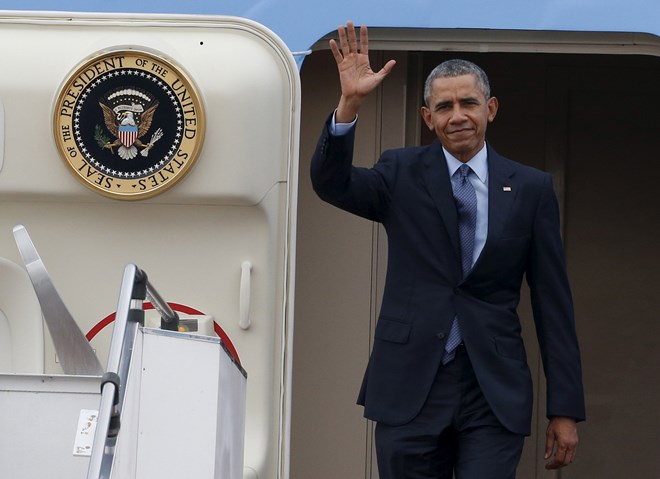
On the other hand, critics argue that Obama’s presidency was far from perfect. Some believe that his foreign policy was too passive and that his economic policies didn’t go far enough to close the wealth gap. Conservatives often point to the rise of nationalism and populism during and after his terms as a response to what they saw as government overreach and liberal elitism. Figures like Donald Trump have capitalized on these sentiments, drawing sharp contrasts between Obama’s progressive ideals and their own more traditional or populist values. In this context, the question of “voting for Obama again” becomes a symbol of a deeper divide in American politics—between progress and tradition, between globalism and nationalism.
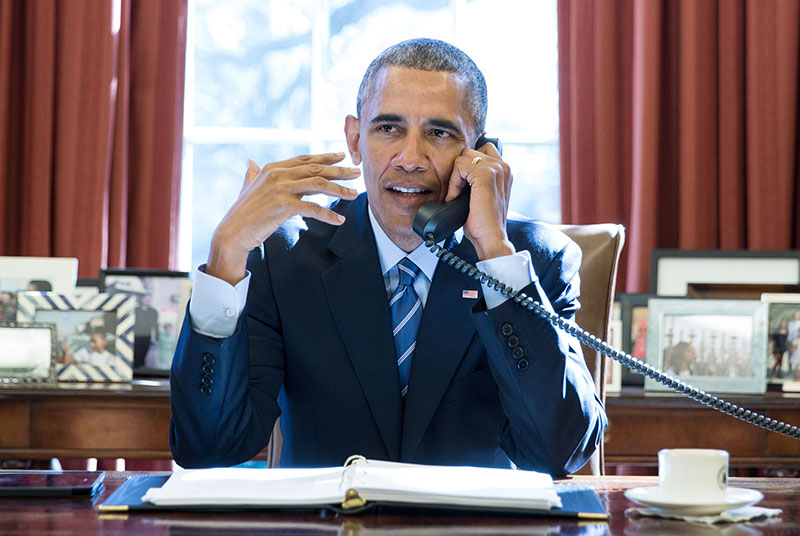
Ultimately, the hypothetical question serves as a mirror reflecting the state of American democracy. Whether one supports Obama’s vision or prefers a more conservative approach, the conversation itself demonstrates the power of civic engagement. Leadership is not just about one person—it’s about the principles and direction a country chooses to follow. While Obama cannot legally run again, his influence lives on in the debates we have, the policies we support, and the leaders we choose. In asking whether we would vote for him again, we are really asking ourselves what kind of future we want to build—and who we trust to help lead us there.

